Gluten could be making you fat
We have been taught to think that excess fat and sugar makes us fat, which as far as sugar is concerned is true. But can gluten alone make us overweight or stop us losing weight? You bet it can, I have seen it do this in hundreds of my patients.
Gluten containing foods are naturally high in carbohydrates and most people do not need to ingest this type of carbohydrate. They are much better off to get their carbohydrates from vegetables and gluten-free grains. Other non-gluten containing grains, such as rice and corn, are also high in carbohydrates – however, they are not as fattening as gluten-containing grains – how very curious!
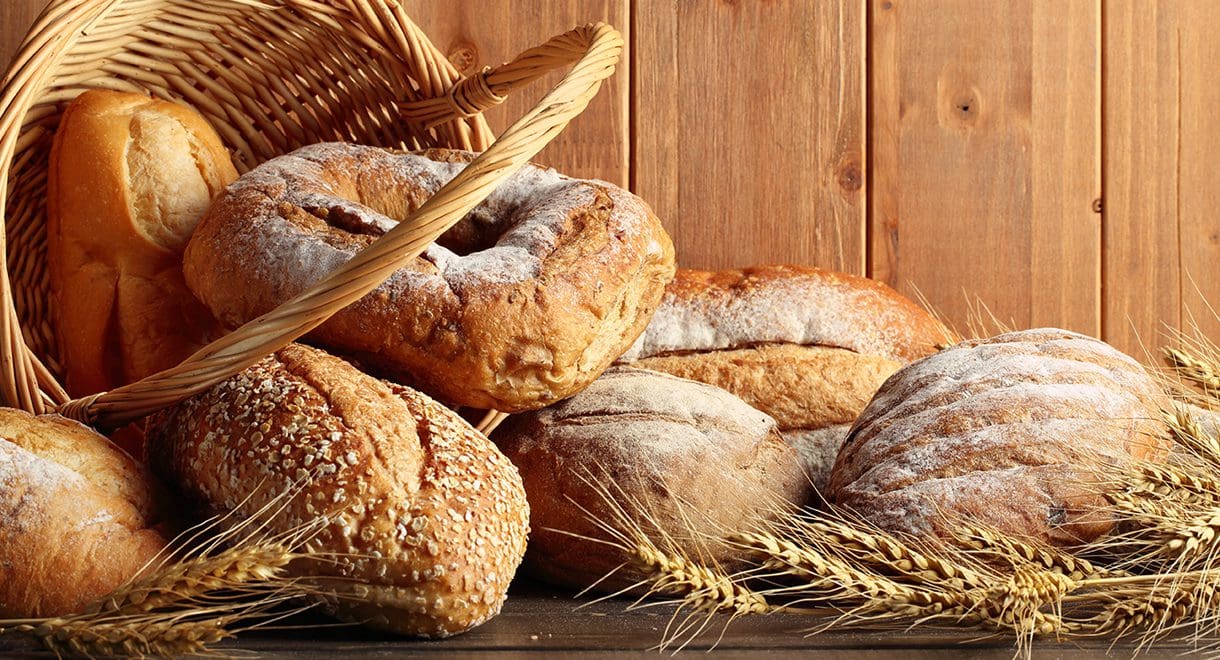

Why is this?
It is not the calories or the total amount of dietary carbohydrate that is the most important factor, but rather it is the type of molecules in the carbohydrates and how they affect your genes that trigger obesity. If you are gluten intolerant, gluten will turn on your fat genes.
Modern dwarf wheat may look like wheat, but it is different because –
- It contains a Super Drug that is super-addictive and makes you crave and overeat
- It contains a Super Starch called amylopectin A – this starch is super fattening
The Super Drug in gluten makes you hungry and potentially addicted to food.
In the intestines, the proteins in wheat are converted into shorter proteins called “polypeptides” or “exorphins”. They are like the endorphins you get from narcotic painkillers. After they attach to the opioid receptors in the brain, you feel euphoric just like a heroin addict. These wheat polypeptides are absorbed from the intestines into the bloodstream and get across the blood-brain barrier quickly. They are called “gluteomorphins” after “gluten” and “morphine”. Once in the brain they can cause addictive eating behaviour and stimulate strong cravings for high carb foods and, of course, more gluten!
In summary, we can say that wheat is an addictive appetite stimulant!
Another way that gluten makes us fat is that, in many people, it raises the blood levels of the hormone insulin. Higher insulin levels promote fat storage and hunger.
New dwarf wheat is very fattening – such that two slices of whole wheat bread now raise your blood sugar more than two tablespoons of table sugar!
In people with diabetes, both white and wholegrain bread raises blood sugar significantly. Thus the promoted idea that wholewheat grains are healthier than refined wheat grains has been turned on its head. See our book Diabetes Type 2: You Can Reverse it Naturally for information on good blood sugar control.
The inflammation caused by gluten saps our energy so we become less inclined to exercise. Have you noticed that after eating a meal high in bread or pasta that you feel tired and slowed down? This is a sign that gluten is not good for you.
It is not just the amount of wheat that we eat but also the hidden components of wheat that drive weight gain and inflammation. Today’s wheat is not the wheat eaten by our forebears in the 19th Century. It is vastly different so that it has become known as “FrankenWheat” or dwarf wheat. Dwarf wheat has been created via genetic manipulation and hybridisation and is a short and stubby type of wheat. Dwarf wheat has much higher amounts of gluten and more chromosomes which code for all sorts of new odd proteins. Thus it brings us into unchartered waters.
Many people try a gluten free diet for a few weeks only, and then seeing no huge improvement, they quit. I can understand this, as gluten foods can be just as addictive as high sugar foods – it is hard to resist and persist!
You need to know that it can take twelve months of a gluten free diet before all the gluten gets out of your body and before the gluten affected cells are fully repaired. You will start to feel better once you have embarked on your gluten free journey as long as you remember to include as many unprocessed foods in your diet as possible, and always try to make sure they are of the highest quality that you can afford.
Unfortunately, many people make the decision to go gluten-free and then choose too many gluten-free processed foods – in most cases, extra sugar and trans fats have been added and all your hard work can come undone!
For more information, see the book Gluten: Is it making you sick or fat?


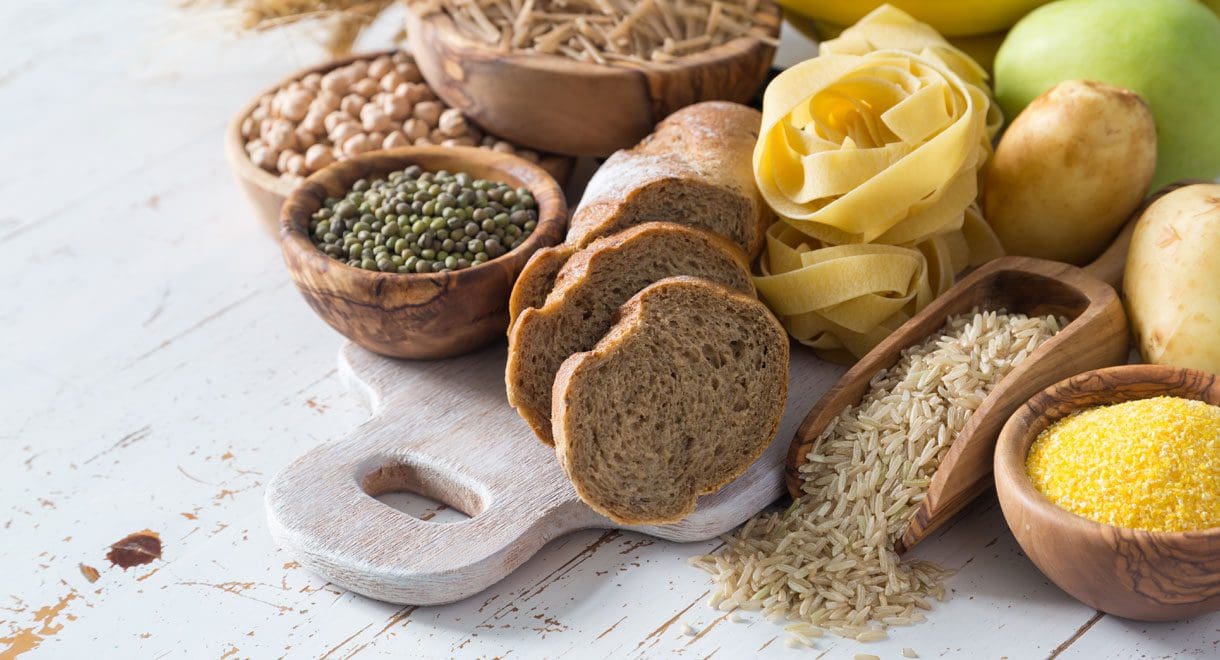
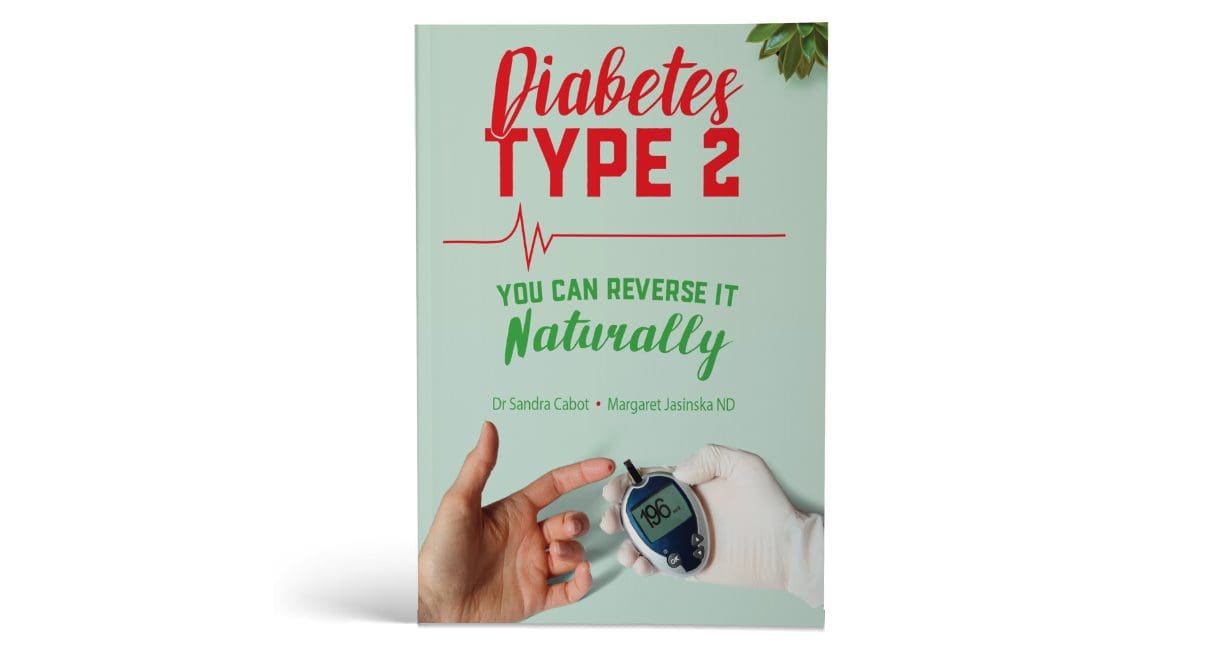




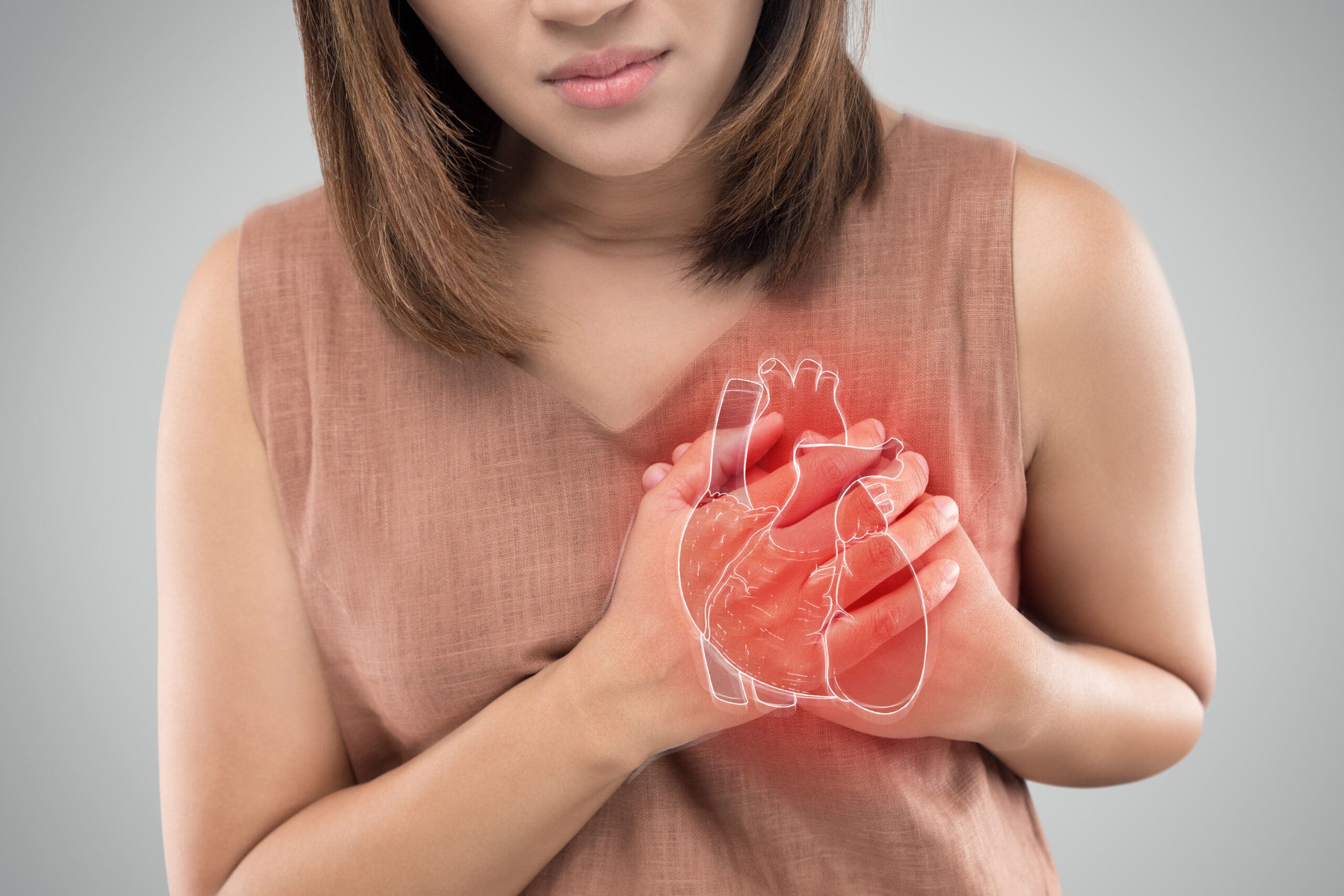
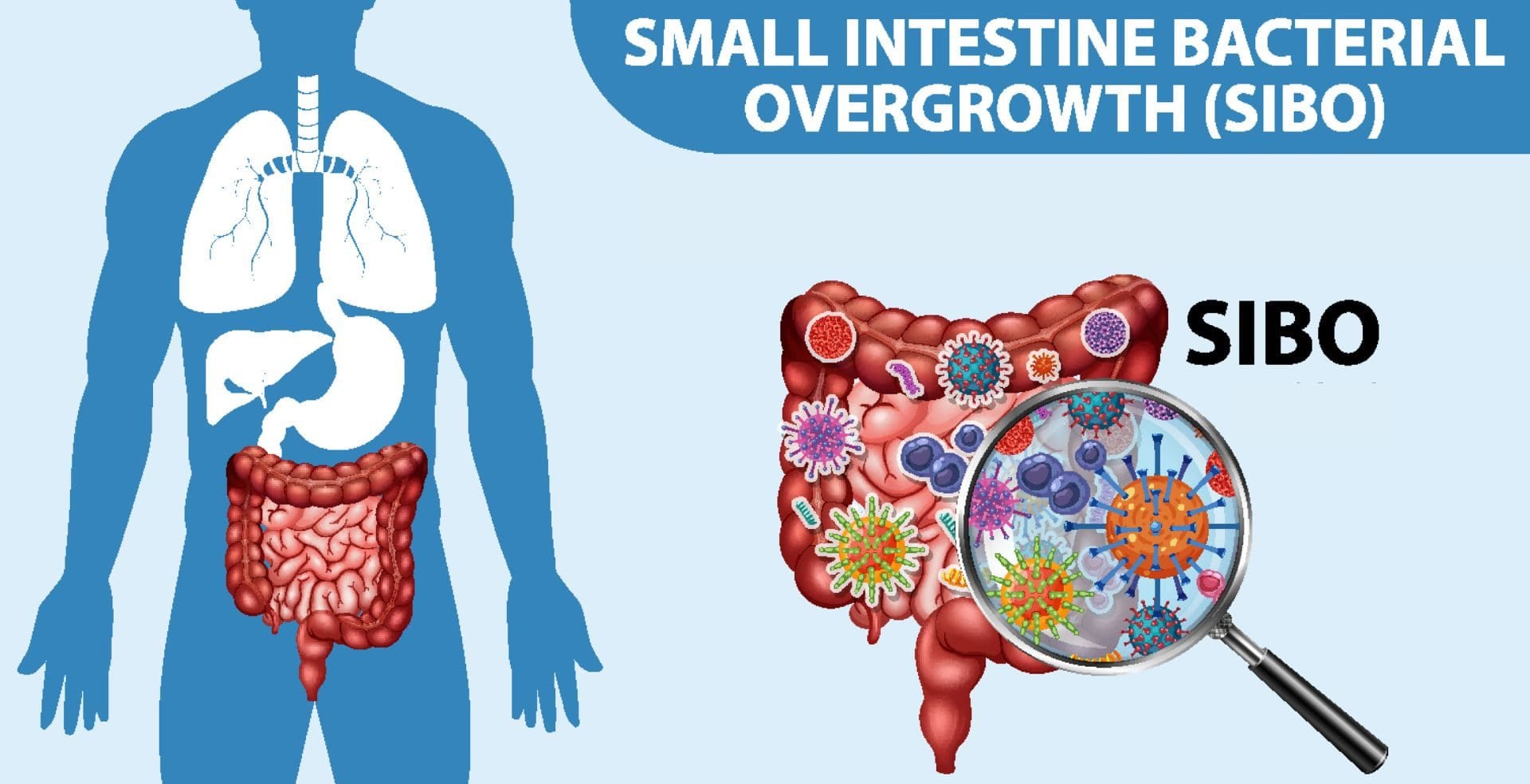
Leave A Comment